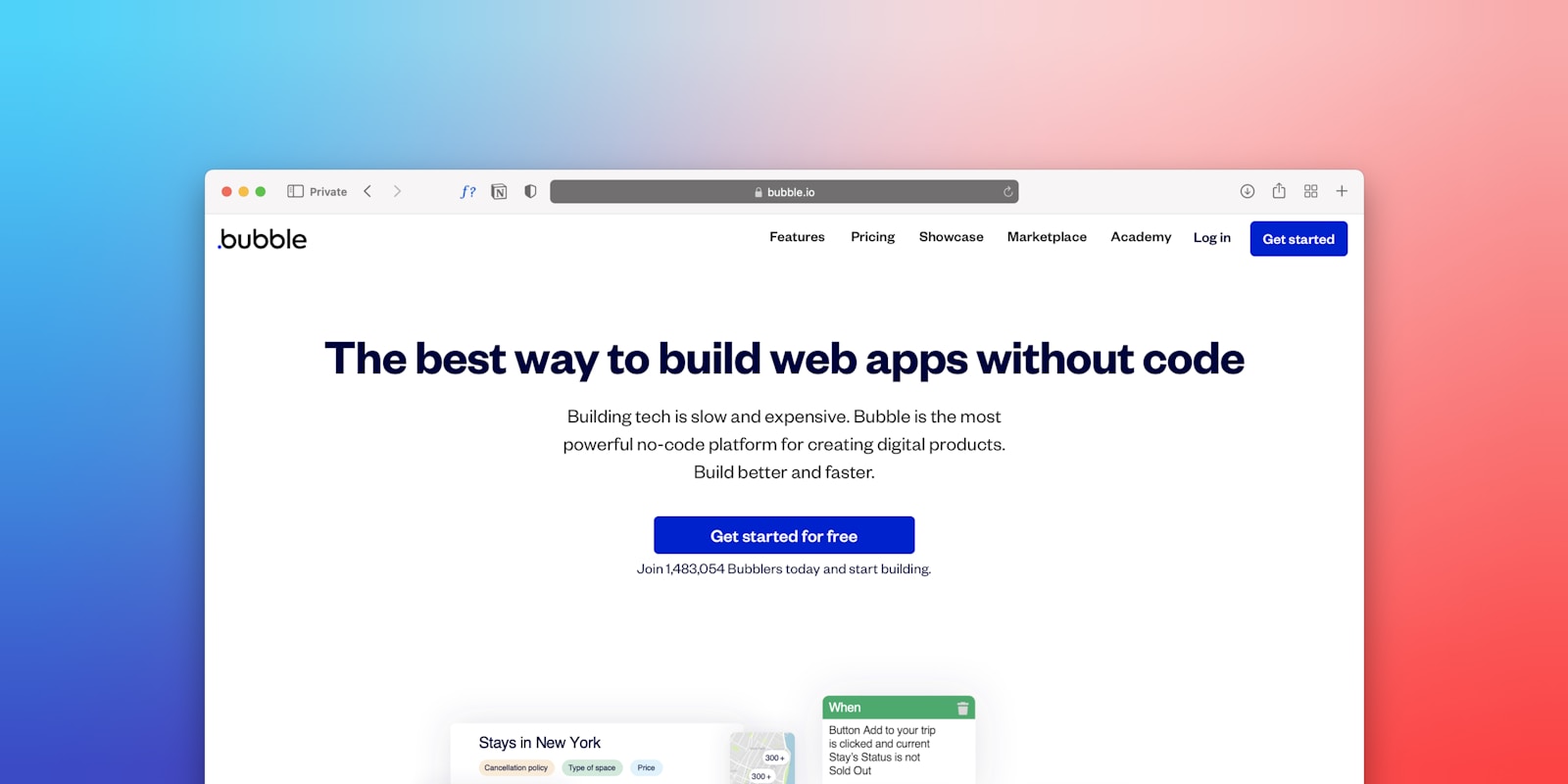Tag: Software
-
Before You Build: A Founder’s Guide to Smarter Software Features
Every Founder knows that the path from concept to launch is a tightrope walk. But what separates those who stumble from those who soar? This blog distils essential Founder Advice grounded in real-world lessons from Dev Centre House Ireland to insights shared in the video “Founders – My Advice Before Building New Software Features“ .…
-

Scaling Across Europe and the US? Here’s the Dev Advantage
In today’s global tech ecosystem, scaling isn’t optional, it’s expected. From Berlin to Boston, product teams are under pressure to expand faster, serve users across borders, and stay resilient amid regulatory complexity. But here’s the catch: the very tools and platforms that got you from MVP to traction often break when you go global. Legacy…
-

Why US HealthTech Needs Agile Devs
The US HealthTech sector is evolving rapidly, but many organisations are still weighed down by outdated systems, slow development cycles, and rigid processes. As digital healthcare grows in complexity and urgency, the need for flexible, responsive development teams is clearer than ever. This is where Agile development shines. In this blog, we unpack why US…
-

Struggling with Product Delivery? US Teams Go Hybrid Dev
In today’s breakneck product development cycles, delivering faster, smarter, and more efficiently has become a strategic imperative. Yet, countless US teams find themselves in a constant state of catch-updelayed sprints, missed milestones, and high developer churn. Struggling with product delivery? US teams go hybrid dev to stay competitive and agile. Hybrid development models, where in-house…
-

How UK SaaS Teams Avoid Delivery Bottlenecks
Modern UK SaaS teams face relentless pressure to meet customer expectations, launch features quickly, and maintain high reliability. Yet delivery bottlenecks delayed deployments, overloaded backlogs, and coordination breakdowns can grind innovation to a halt. In this post we unpack how UK SaaS teams avoid delivery bottlenecks and reveal proven strategies that enable faster, more reliable…
-

How to Speed It Up Irish FinTech
Irish FinTech is in the middle of a transformation. From Dublin to Cork, financial services firms are reimagining how they operate, innovate, and scale. However, while the ecosystem continues to thrive, speed remains a critical bottleneck. Products take too long to ship. Legacy systems slow down agility. And global competitors are setting the pace. So…
-

Do Smart Cities in Denmark Need Smarter Software?
In an age where urban innovation defines national competitiveness, Denmark has stood out as a model for sustainable, digitally connected living. From Copenhagen’s carbon neutral goals to Aarhus’ data driven mobility projects, Smart Cities are more than just a concept here they are a lived reality. But as this urban evolution accelerates, a critical question…
-

Why Denmark’s MedTech Needs Smarter Code
In Denmark’s fast-evolving MedTech landscape, digital innovation is not a nice to have, it’s non-negotiable. As regulatory requirements grow more complex and patient demands shift toward more personalised care, the stakes have never been higher. That’s why Denmark’s MedTech needs smarter code: intelligent, adaptive software that can keep pace with both clinical and commercial demands.…
-

Why Norwegian Startups Build, Not Buy
In the heart of the Nordics, a distinct trend is reshaping the startup ecosystem: Norwegian startups are increasingly choosing to build their digital products from the ground up, rather than buying off-the-shelf solutions. This strategic decision is not merely about control or cost it’s about building smarter, scaling better, and owning the future. At Dev…
-

Norway’s Energy Sector Needs Scalable Software
Norway stands at the forefront of the global energy revolution, balancing its legacy as a petroleum powerhouse with its ambitious push into renewables. Yet, beneath this ambitious vision lies a critical issue: much of the software infrastructure powering Norway’s energy ecosystem is inflexible, outdated, and unable to scale with the pace of change. That’s why…
